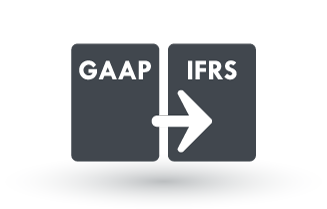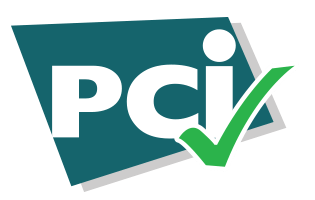TBO offering accountholders a broad array of investment products that are not traditional deposit accounts. But unlike traditional checking or savings accounts, non-deposit investment products are not insured by the FDIC, even if they were purchased from an FDIC-insured bank.
This guide will help you identify non-deposit investment products that are not FDIC-insured.
What Products Are Not Insured?
There are a number of non-deposit investment products that are not insured by the FDIC, even if they were purchased from an insured bank. These include:
- Stock Investments
- Bond Investments
- Mutual Funds
- Crypto Assets
- Life Insurance Policies
- Annuities
- Municipal Securities
- Safe Deposit Boxes or their contents
- U.S. Treasury Bills, Bonds or Notes*
*These investments are backed by the full faith and credit of the U.S. government.
These products may be offered to you in a financial institution’s lobby, through the mail, over the phone, or online. The value of stocks, bonds, and other securities fluctuates with market conditions; no one can guarantee that you’ll make money from your investments, and they may lose value. Each consumer should take into consideration their own financial goals, risk tolerance, and other factors when making the decision to purchase or invest in a non-deposit product.
Most often, the people selling these products are not employees or your bank, but employees of third-party securities broker/dealers or insurance companies. Whether they are making a presentation, providing you with investment advice concerning a non-deposit product, or opening an investment account for you, these sales representatives must make certain disclosures to you orally and/or in writing so you know for certain whether the product is covered by FDIC insurance. Keep an eye out for statements like:
- “This product is not a deposit or other obligation of, or guaranteed by, the bank.”
- “This product is subject to investment risks, including possible loss of the principle amount invested.”
- “This product is not insured by the Federal Deposit Insurance Corporation.”
If you hear or read any of these statements, you will know that the product they are offering is not insured by the FDIC. These disclosures must also be included in any advertisements and other promotional materials you receive. Look for the logo below in visual media, such as TV broadcasts, webpage advertisements, ATM screens, billboards, signs, posters, and in written advertisements and brochures.
What Does It Mean that My Investment Product is Not Insured by the FDIC?
The value of your non-deposit investments can go up or down depending on the demand for them in the market, so you could lose the money you invested or not gain as much profit as you expected.
The Securities Investors Protection Corporation (SIPC) is a non-government entity that replaces missing stocks and other securities in customer accounts held by its members up to $500,000, including up to $250,000 in cash, if a member brokerage or bank brokerage subsidiary fails.
IMPORTANT: SIPC insurance does not protect an investor against the loss in value of a given investment.




